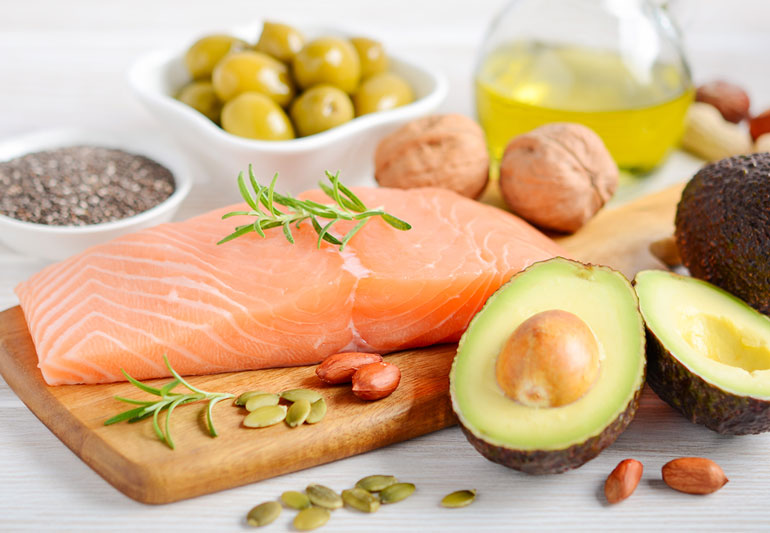Is There High Fructose Corn Syrup in Your Gatorade? A Detailed Analysis
Gatorade, a popular sports drink, has been a go-to choice for athletes and fitness enthusiasts looking to replenish electrolytes lost during physical activity. However, one burning question on the minds of health-conscious consumers is whether Gatorade contains high fructose corn syrup (HFCS) – a sweetener that has stirred controversy due to its potential health implications. In this article, we’ll delve into the world of Gatorade, exploring its ingredients, HFCS content, and the health effects associated with this common sweetener.
Does Gatorade contain HFCS?
The answer to this question is not a simple yes or no. Gatorade offers a range of flavors and formulations, and the presence of HFCS varies accordingly. According to Gatorade’s official website, certain Gatorade products are free of HFCS, including Gatorade Thirst Quencher, Gatorade Zero, Gatorade Endurance Formula, Gatorade Organic, and Gatorade Recover Protein Shake.
On the flip side, some Gatorade flavors do indeed contain HFCS. These include Gatorade Frost Glacier Freeze, Gatorade Frost Riptide Rush, Gatorade Fierce Grape, Gatorade Fierce Green Apple, Gatorade Fierce Melon, and Gatorade Flow variants like Blackberry Wave, Kiwi Strawberry, and Tidal Punch.
How much HFCS does Gatorade contain?
The quantity of HFCS in Gatorade depends on the specific product and serving size. For instance, a 20-ounce (591 ml) bottle of Gatorade Frost Glacier Freeze or Gatorade Fierce Grape contains 34 grams of total sugars, equally split between fructose and glucose. This composition corresponds to HFCS-55 as the sweetener.
Conversely, Gatorade Thirst Quencher Lemon-Lime, despite having the same sugar content, employs sucrose (regular sugar) as the sweetener, not HFCS.
In summary, while some Gatorade flavors do contain approximately 17 grams of HFCS per serving, others are free from it.
What are the health effects of HFCS consumption?
High fructose corn syrup has come under scrutiny for its potential adverse health effects. These include:
- Increased Appetite: HFCS may stimulate hunger hormones and inhibit satiety hormones, potentially leading to increased calorie consumption.
- Impaired Glucose Metabolism: HFCS has been linked to insulin resistance, elevated blood sugar levels, and an increased risk of diabetes.
- Inflammation and Oxidative Stress: HFCS consumption may promote inflammation and oxidative damage, contributing to various chronic diseases.
- Gut Health Disruption: HFCS can alter the balance of gut bacteria and increase intestinal permeability, potentially leading to systemic inflammation and metabolic issues.
However, it’s crucial to emphasize that HFCS is not the sole contributor to these health concerns. Excessive consumption of any added sugars, whether HFCS, sucrose, or fructose, can have similar negative effects. Therefore, the key lies in moderating added sugar intake from all sources and embracing a balanced and nutritious diet.
The presence of HFCS in certain Gatorade flavors underscores the importance of being an informed consumer. Understanding the ingredients in your sports drink can help you make better dietary choices that align with your health goals. While Gatorade offers HFCS-free alternatives, it’s wise to enjoy any sweetened beverage, including those with HFCS, in moderation as part of a well-rounded diet and active lifestyle.













